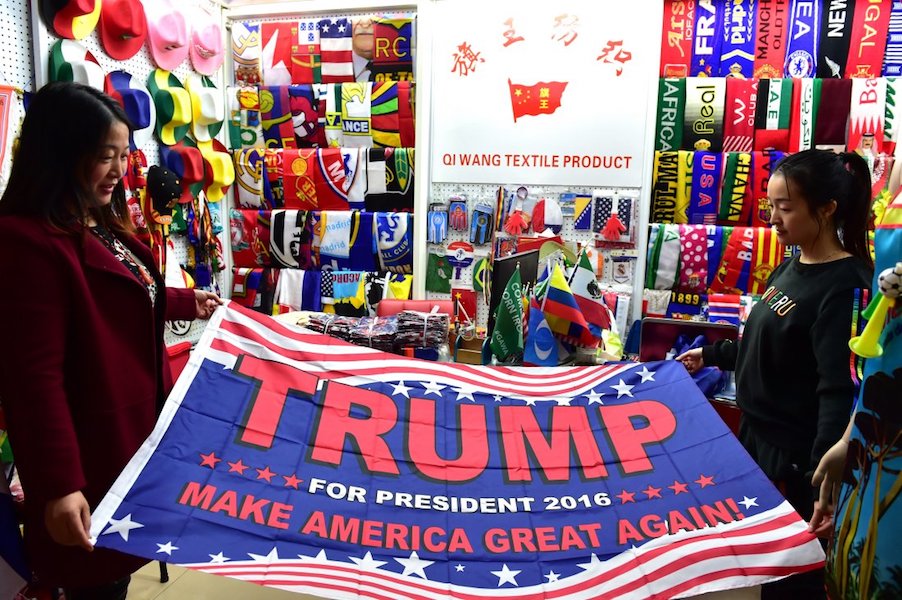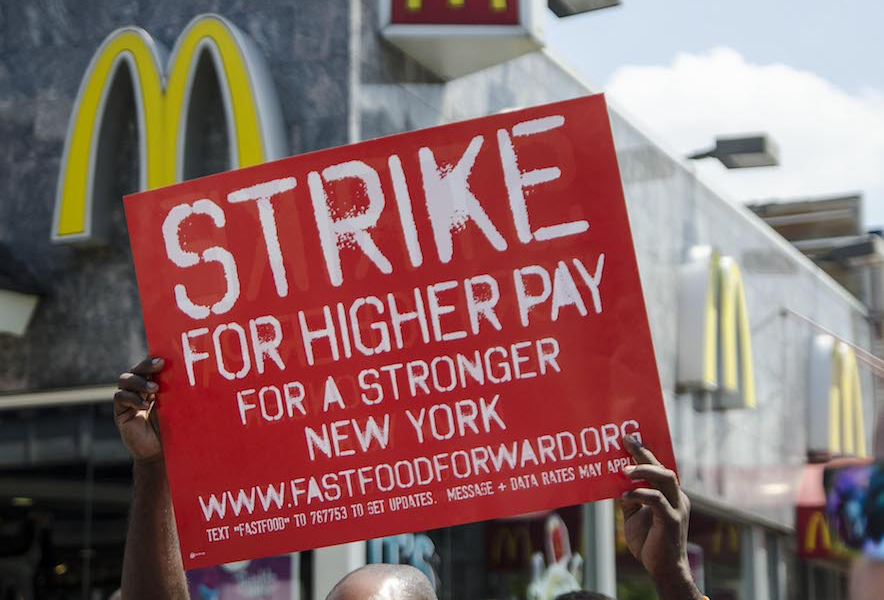Articles
Articles and analyses from the INET community on the key economic questions of our time.

Trump-Style Policies Will Deepen the “American Carnage”
Current proposals will worsen inequality and harm those Trump promised to protect—while further enriching the top 1%
The New New Deal
The New Normal

Political Conflict and Economic Pluralism in Brazil
The reaction to repressive political conditions that prevailed in Brazil during the 1970s helped to produce a commitment to diversity and tolerance among Brazilian economists.

Pathways & Obstacles to a Low-carbon Economy
The energy transition is happening. But the pace of change depends on a range of technical, business, and societal factors.
Which Productivity Puzzle?

How & Why Government, Universities, & Industry Create Domestic Labor Shortages of Scientists & High-Tech Workers
Long term labor shortages do not happen naturally in market economies.

Mortality Crisis Redux: The Economics of Despair
The health crisis afflicting working-class Americans recalls similar symptoms in Russia following the collapse of communism
Experts on Trial: Introduction

Can “It” Happen Again? Defining the Battlefield for a Theoretical Revolution in Economics
As part of our “Experts on Trial Series”, Antonella Palumbo argues for stripping away ‘scientific’ shibboleths that mask social and political choices

China’s Weapons of Trade War
A trade war would undoubtedly hurt both sides. But there is reason to believe that the US has more to lose. If nothing else, the Chinese seem to know precisely which weapons they have available to them. China could stop purchasing US aircraft, impose an embargo.

Is Inequality a Political Choice?
Research by INET-affiliated scholars shows the US lags far behind its peers on inclusive growth, suggesting inequality is not an inevitable consequence of globalization and technology

Three Economic Surprises to Watch for in 2017
Institute Governing Board member Anatole Kaletsky argues that the Trump Administration’s policies will boost inflation and spur interest-hikes as well as a stronger dollar more rapidly than many expect, but that the European Union’s economy is on the mend

America’s Failures of Representation and Prospects for Democracy
A concentration of wealth and power that created a twin crisis of representation — in politics, and in expertise — set the stage for Donald Trump’s election victory, and has put America’s founding principles at risk